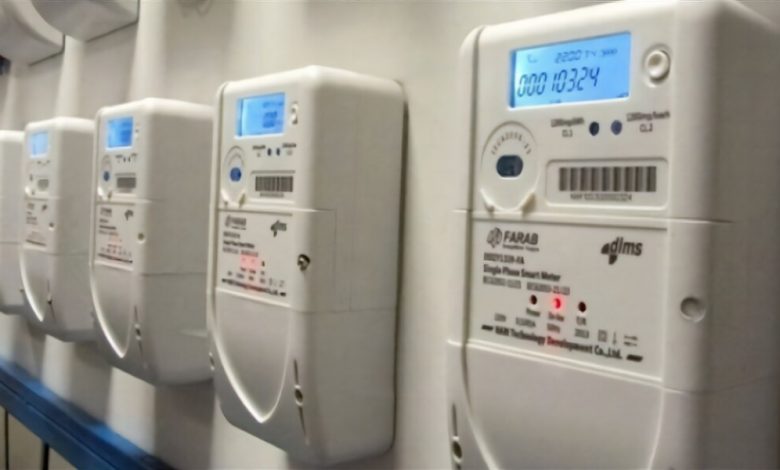
Across multiple states, Nigerians are still struggling with erratic power supply and rising electricity bills.
From major industrial centres in Kano, Borno and Kaduna to homes in Lagos, Ogun, Benue and Plateau, residents and small business owners said they were frustrated with a system they believe has let them down.
But the Minister of Power, Adebayo Adelabu, through his media aide, Bolaji Tunji, said said the government was trying to resolve the problems, emphasising that “we won’t get there overnight.”
President Bola Ahmed Tinubu had, on February 9, 2024, signed the Nigeria’s Electricity Act (Amendment) Bill to decentralise power generation and allow the states to take charge of their needs.
Under the Act, states are empowered to regulate and manage electricity within their jurisdictions. They are permitted to generate, transmit and distribute power using existing government infrastructure.
Although 11 states — Enugu, Ondo, Ekiti, Imo, Oyo, Edo, Kogi, Lagos, Ogun, Niger and Plateau — have already domesticated the Act, residents and business owners say its impact is yet to be felt, lamenting persistent outages and, in some cases, low voltage.
The recent hike in electricity tariffs for Band ‘A’ customers has also sparked complaints, with consumers warning it is placing a heavy strain on their finances.
Last Thursday, the Nigerian Electricity Regulatory Commission (NERC) stated that the Enugu Electricity Regulatory Commission (EERC) has no authority to set electricity prices for power sourced and transmitted from the national grid. This clarification came after EERC announced a reduction in Band ‘A’ tariffs within the state.
Residents, businesses pay more for less
Many of the consumers placed on Band A, which promises 20 hours of power daily or more, told Daily Trust that they were under the weight of high tariffs and poor services.
Some of the customers also decried the huge amounts of money they were meant to pay through the estimated bills as they do not have meters to get fair billing.
According to the NERC, 6,468,036 of the 13,767,884 registered electricity customers across the 12 distribution companies were metered as of March 31, 2025, leaving 53.2 percent unmetered.
Abraham Benson, Managing Director of BEMAK International, a printing firm in Kaduna, said the combination of economic hardship and rising power costs is unbearable for small businesses.
“The tariff is killing small businesses,” Benson said. “The economy is already hard, and rising tariffs from all sides are biting us. It’s affecting every aspect of our operations.”
He added that the entire business environment is tough, with no relief in sight.
“Electricity is high, fuel is expensive, and raw materials are unaffordable. It’s just not encouraging anymore.”
A former chairman of Peace Estate at Aboru area of Lagos, Olawale Famutimi, said: “This band grading has caused problems in many compounds where three to four people are using one prepaid meter and they always disagree. Some houses don’t even use light because it is too expensive.
“Let them reverse to Band B and give meters to everybody, then one can decide or consider moving to Band A by choice,” he said.
When contacted, Bolaji Tunji, media aide to the Minister of Power, Adebayo Adelabu, dismissed claims that the power sector has not improved.
“There will always be some complaints because progress cannot happen overnight,” he said. “These are issues that have built up over the years, but the government is working to resolve them. Only last Friday, we commissioned several projects in Oyo State to further reinforce the grid. This is part of the Siemens initiative, which is primarily aimed at strengthening the power infrastructure.”
